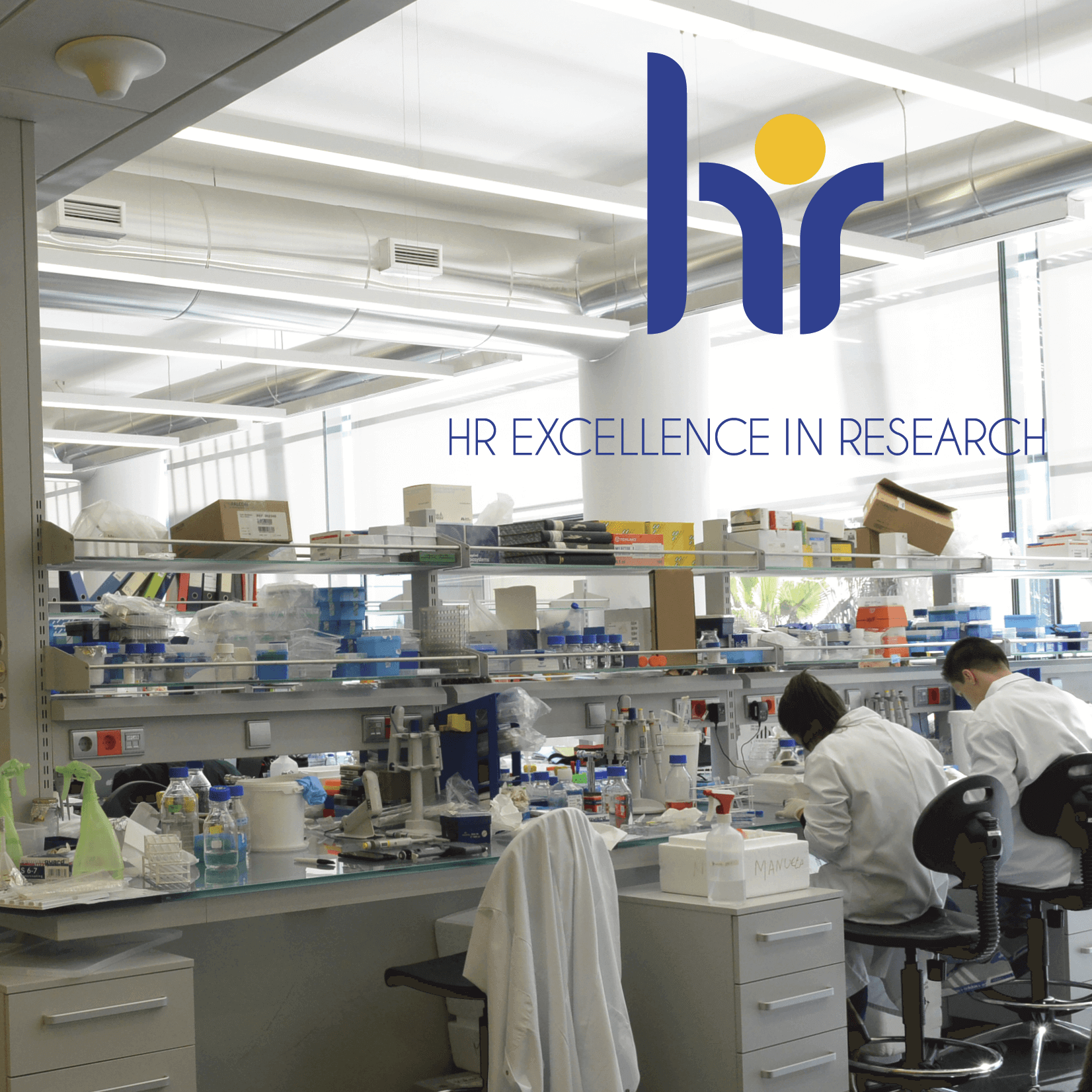25 June 2025
Episode 5 - The Brain Below: Mating Marathons & the “Love Hormone” (Part 1)
From the “love hormone” and maternal bonding, to why your brain is more like a quantum computer, discover the brain’s secret hormonal languages that drive your behaviour and keep you alive in Episode 5 (Part 1).
25 Jun. 2025
Research fellowship for a Master’s student

Application Starts: 25 Jun. 2025
[PLEASE NOTE THAT THE RECRUITMENT PROCESS FOR THIS CALL IS NOW CLOSED]
Offer Description
Applications are welcome for a Research fellowship (Bolsa de Investigação) for a Master’s student to develop their Master’s thesis. The successful applicant will join our team at Fundação D. Anna de Sommer Champalimaud e Dr.
Conference on Gynaecological and Urological Cancers
Date and Time
22 September 2025, 2pm - 7:45pm
Location
Auditorium, Champalimaud Foundation, Lisbon
Topic
This conference will discuss the prevention, treatment and challenges of gynaecological, testicular and prostate cancers with leading experts in the field.
Programme
Presented by Fernanda Freitas
2:00pm – 2:10pm – Opening Session and Tribute to Dr. Henrique Nabais
20 June 2025
Artificial intelligence may be a reliable tool for screening for early lung cancer in exhaled breath
Lung cancer is the leading cause of cancer-related deaths. One of the reasons for this is that it is difficult to detect and diagnose at an early stage because the currently available methods are impracticable at the population level.
17 June 2025
The European Research Council (ERC) awards two ERC Advanced Grants to Life Sciences in Portugal
The results of the most recent European Research Council (ERC) Advanced Grants have been announced today (June 17th). In Portugal, the ERC selected two new projects in the area of life sciences, which in total will receive 5M€.
The ERC funding, worth in total €721M, will go to 281 leading researchers across Europe. In the case of life sciences, 732 proposals were submitted and 83 were selected for funding, which represents a success rate of approximately 11%.

